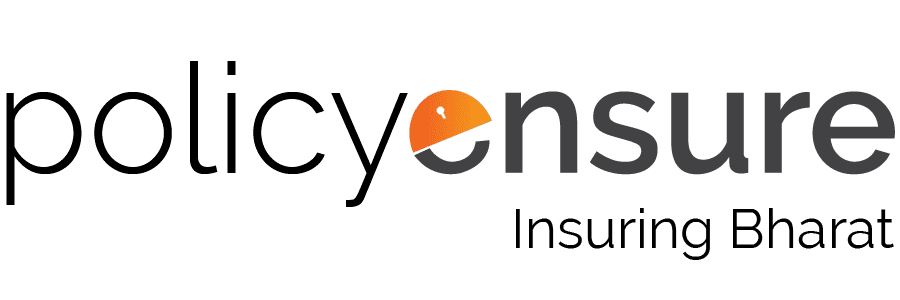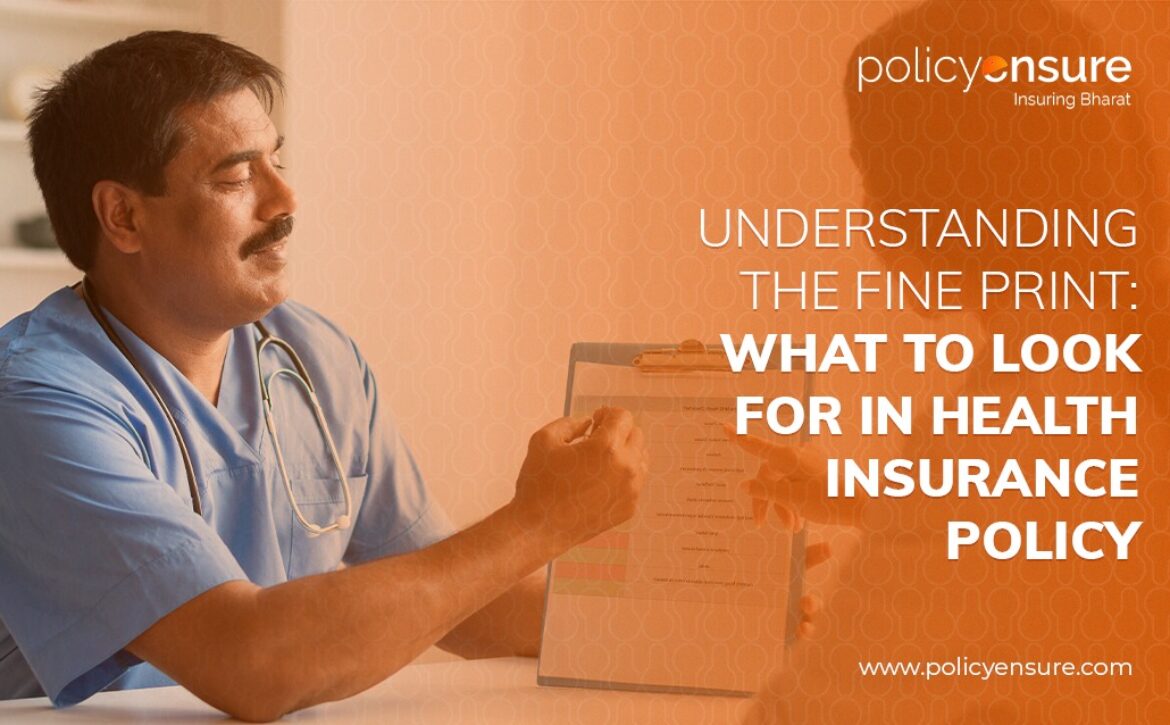Top 5 Mistakes to Avoid While Taking Health and General Insurance Services
When going through the complex world of health and general insurance services, making informed decisions is crucial to securing the best coverage for you and your family. However, many people fall into common traps that can lead to inadequate protection and unnecessary expenses.
Here are the top five mistakes to avoid when selecting health and general insurance services.
1. Not Comparing Different Policies
One of the biggest mistakes is not comparing different insurance policies before making a decision. Each insurance company offers different coverage options, premiums, and benefits. Failing to compare these can result in choosing a plan that doesn’t meet your needs or is too expensive.
Tip: Use online comparison tools to evaluate various health and general insurance services. Look at the coverage details, premiums, exclusions, and additional benefits. For health insurance, particularly compare the best health insurance plan options that fit your budget and medical needs.
2. Overlooking Policy Exclusions
Policy exclusions are conditions or circumstances not covered by your insurance plan. Ignoring these can lead to unpleasant surprises when you need to file a claim. For instance, some health insurance policies may not cover pre-existing conditions or certain treatments.
Tip: Carefully read the fine print of your health insurance policy for family to understand what is excluded. If you are unsure, ask your insurance provider for clarification. Knowing what is not covered will help you make an informed decision and avoid unexpected out-of-pocket expenses.
3. Underestimating the Importance of Sum Insured
The sum insured is the maximum amount your insurance company will pay in case of a claim. Choosing an insufficient sum insured can leave you with significant out-of-pocket expenses, especially in case of major health issues or extensive damage to property.
Tip: Assess your needs realistically. For health insurance, consider the medical costs in your area and choose a sum insured that would adequately cover potential hospital bills. For general insurance, evaluate the value of the assets you are insuring and select a sum insured that reflects their worth.
4. Ignoring the Fine Print on Waiting Periods
Many people overlook the terms related to waiting periods. Some health insurance policies come with a waiting period for certain treatments or pre-existing conditions, which means you cannot claim benefits for these conditions immediately.
Tip: Check the policy details on waiting periods. Opt for policies that offer lifetime renewability and shorter waiting periods. This is particularly important when choosing the best health insurance plan, as it ensures continuous coverage without gaps.
5. Focusing Only on Premiums
While it’s tempting to choose a policy based solely on lower premiums, this can be a costly mistake. Lower premiums often come with higher deductibles, co-pays, or less comprehensive coverage, which can lead to higher out-of-pocket costs in the long run.
Tip: Balance the premium amount with the coverage offered. Ensure that the health insurance policy for family provides adequate coverage for all members, including hospitalization, critical illness, and outpatient treatments. For general insurance, check if the policy covers all potential risks adequately.

Conclusion
Choosing the right health and general insurance services involves careful consideration and thorough research. By avoiding these common mistakes, you can secure a policy that offers comprehensive coverage, peace of mind, and financial security for you and your loved ones. Always compare policies, understand exclusions, choose an adequate sum insured, be aware of renewability and waiting periods, and balance premiums with coverage. These steps will help you find the best health insurance plan and a suitable general insurance policy that meets your needs.
Investing time in understanding your insurance options can save you from future hassles and ensure that you have the necessary protection when you need it the most.

















